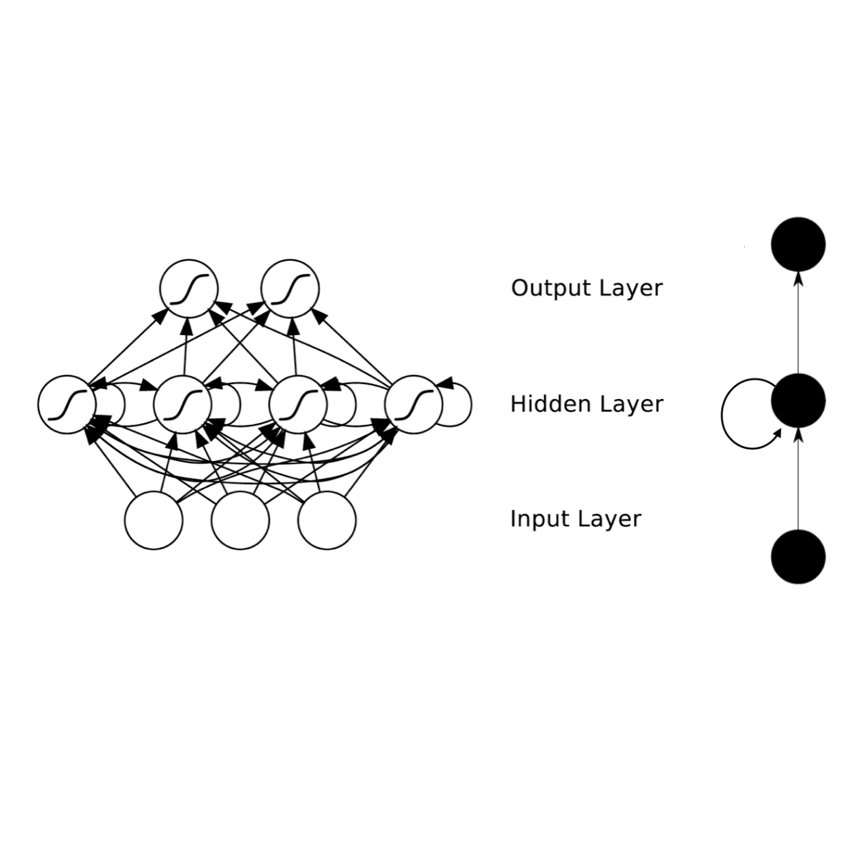As generative models have risen in popularity, a domain that has risen alongside is generative models for music. Our study aims to compare the performance of a simple Markov chain model and a recurrent neural network (RNN) model, two popular models for sequence generating tasks, in jazz music improvisation. While music, especially jazz, remains subjective in telling whether a composition is "good" or "bad", we aim to quantify our results using metrics of groove pattern similarity and pitch class histogram entropy. We trained both models using transcriptions of jazz blues choruses from professional jazz players, and also fed musical jazz seeds to help give our model some context in beginning the generation. Our results show that the RNN outperforms the Markov model on both of our metrics, indicating better rhythmic consistency and tonal stability in the generated music. Through the use of music21 library, we tokenized our jazz dataset into pitches and durations that our model could interpret and train on. Our findings contribute to the growing field of AI-generated music, highlighting the important use of metrics to assess generation quality. Future work includes expanding the dataset of MIDI files to a larger scale, conducting human surveys for subjective evaluations, and incorporating additional metrics to address the challenge of subjectivity in music evaluation. Our study provides valuable insight into the use of recurrent neural networks for sequential based tasks like generating music.
翻译:暂无翻译




